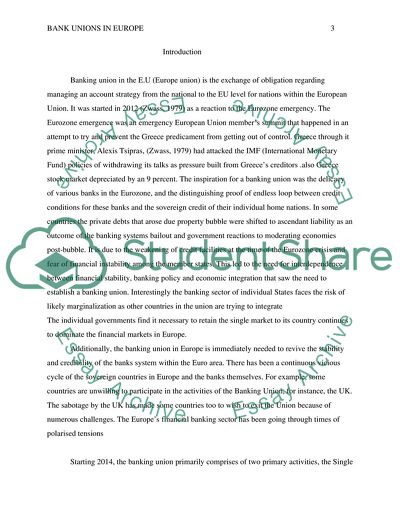Cite this document
(Bank Unions in Europe Essay Example | Topics and Well Written Essays - 2579 words, n.d.)
Bank Unions in Europe Essay Example | Topics and Well Written Essays - 2579 words. Retrieved from https://studentshare.org/finance-accounting/1699226-banking-union-in-europe
Bank Unions in Europe Essay Example | Topics and Well Written Essays - 2579 words. Retrieved from https://studentshare.org/finance-accounting/1699226-banking-union-in-europe
(Bank Unions in Europe Essay Example | Topics and Well Written Essays - 2579 Words)
Bank Unions in Europe Essay Example | Topics and Well Written Essays - 2579 Words. https://studentshare.org/finance-accounting/1699226-banking-union-in-europe.
Bank Unions in Europe Essay Example | Topics and Well Written Essays - 2579 Words. https://studentshare.org/finance-accounting/1699226-banking-union-in-europe.
“Bank Unions in Europe Essay Example | Topics and Well Written Essays - 2579 Words”, n.d. https://studentshare.org/finance-accounting/1699226-banking-union-in-europe.


